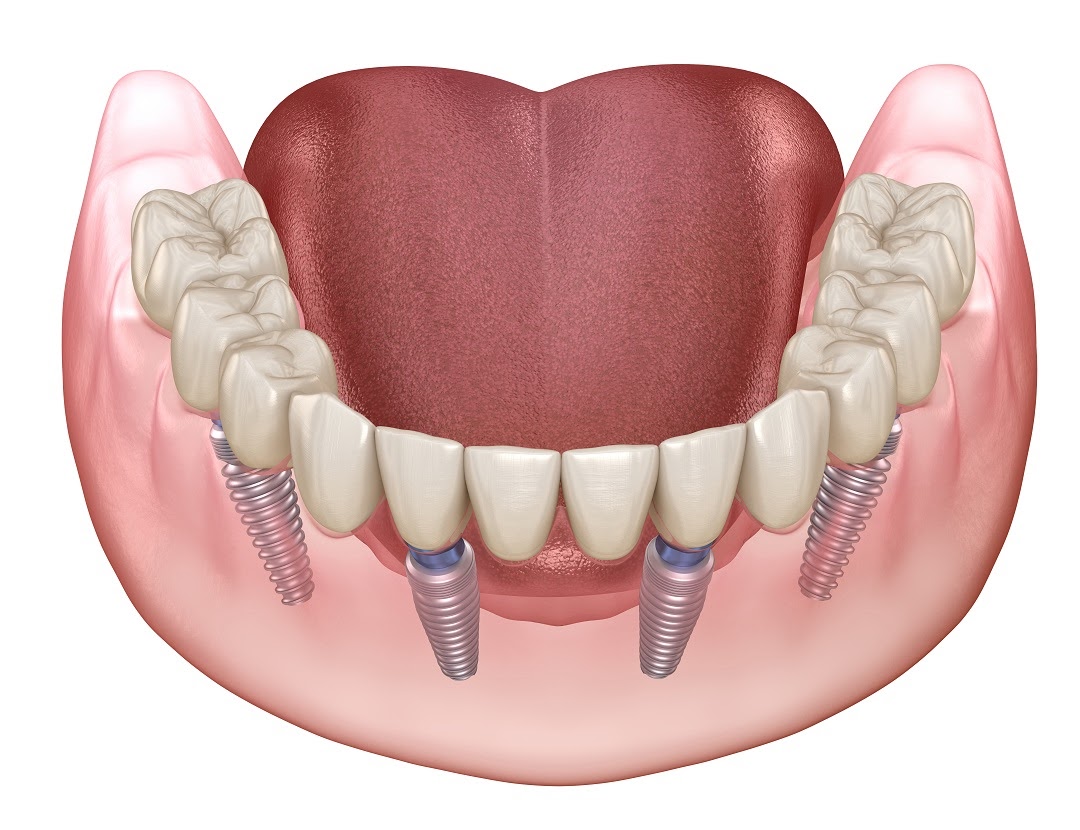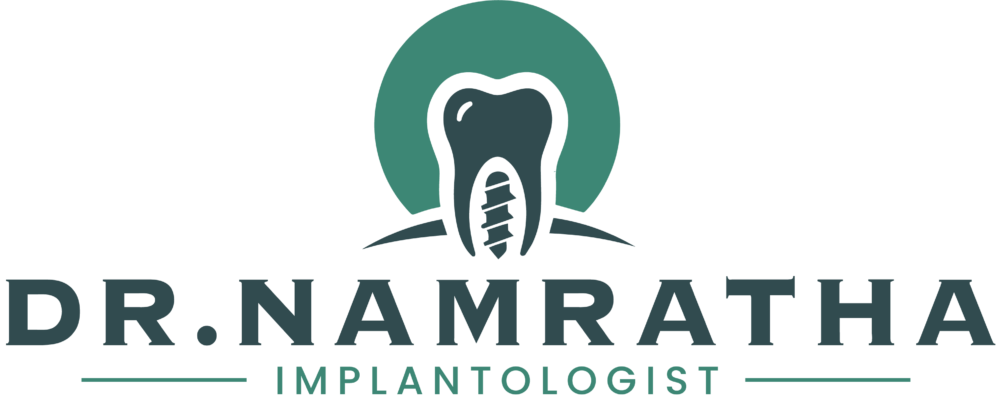FULL MOUTH RECONSTRUCTION
What is a Full Mouth Rehabilitation?
Full mouth rehabilitation—also called full mouth reconstruction or full mouth restoration—refers to the process of comprehensively repairing a patient’s smile in order to improve its overall health, function, and aesthetics.
Full-mouth rehabilitation is a complete restoration of every tooth in the mouth. It is typically performed on people with severely worn teeth or TMJ problems.

Comprehensive Consultation and Assessment
Your transformation begins with an in-depth consultation with Dr. Namratha, where advanced technology like Digital imaging and 3D CBCT scans are utilized to assess your oral health. Together, you’ll discuss your goals and concerns, laying the foundation for a personalized treatment plan.
Comprehensive Services Tailored to Your Needs
Dr. Namratha offers a wide range of cosmetic and restorative dental treatments to address various dental concerns and achieve your dream smile:
Teeth Whitening
Brighten your smile and remove stubborn stains with professional teeth whitening treatments for a dazzling, youthful appearance.
Porcelain Veneers
Conceal imperfections such as chips, cracks, or gaps with custom-designed porcelain veneers that blend seamlessly with your natural teeth.
Dental Bonding
Repair minor flaws and enhance tooth shape and color with dental bonding, a versatile and conservative cosmetic solution.
Orthodontic Treatment
Straighten crooked or misaligned teeth with discreet orthodontic options like clear aligners or ceramic braces for a beautifully aligned smile.
Dental Implants
Replace missing teeth with dental implants, providing a stable and long-lasting solution that restores both function and aesthetics.
Gum Contouring
Reshape and sculpt the gum line to improve the appearance of your smile and achieve a more balanced, harmonious aesthetics
FAQ'S
Have a query? Please check this question and answers
Advanced techniques and local anesthesia ensure minimal discomfort during the procedure.
In rare cases, reinfection can occur, but it’s usually treatable with additional procedures.
Mild discomfort may persist for a few days, but most patients resume normal activities immediately.
Yes, in most cases, patients can drive themselves post-treatment.
Book Your Appointment
Are you ready to elevate your smile and transform your appearance? Schedule a consultation with Dr. Namratha today and take the first step towards a more confident, radiant you.
